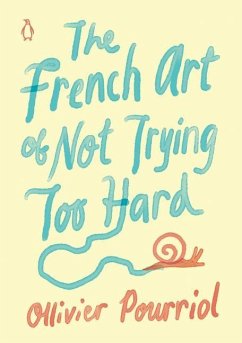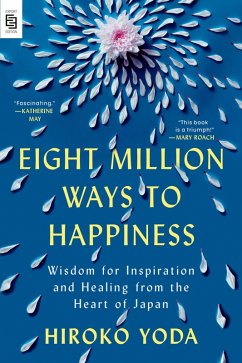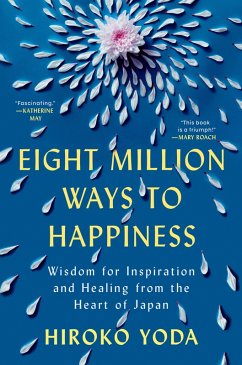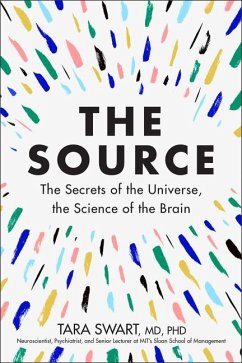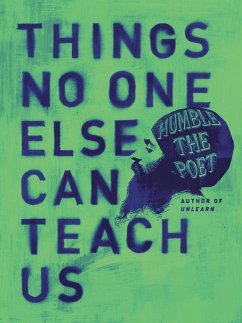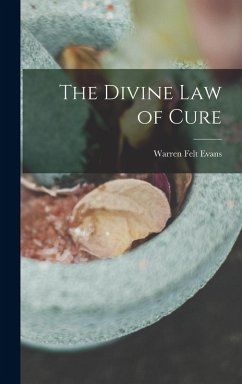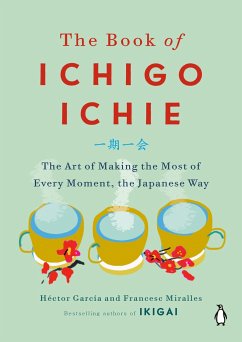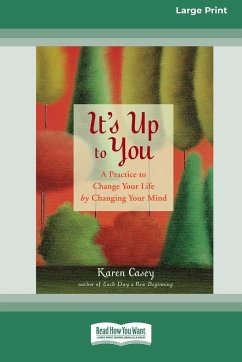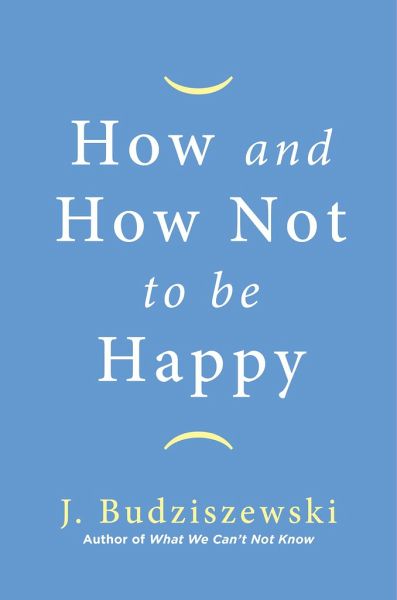
How and How Not to Be Happy

PAYBACK Punkte
11 °P sammeln!
It’s Time to Start Asking the Right Questions About Happiness The West is facing a happiness crisis. Today, less than a quarter of American adults rate themselves as very happy—a record low. False views of happiness abound, and the explosion in “happiness studies” has done little to dispel them. Why is true happiness so elusive, and why is it so hard to define? In How and How Not to Be Happy, internationally renowned philosopher and happiness theorist, J. Budziszewski, draws on decades of study to dispel the myths and wishful thinking that blind people from uncovering lasting fulfillme...
It’s Time to Start Asking the Right Questions About Happiness The West is facing a happiness crisis. Today, less than a quarter of American adults rate themselves as very happy—a record low. False views of happiness abound, and the explosion in “happiness studies” has done little to dispel them. Why is true happiness so elusive, and why is it so hard to define? In How and How Not to Be Happy, internationally renowned philosopher and happiness theorist, J. Budziszewski, draws on decades of study to dispel the myths and wishful thinking that blind people from uncovering lasting fulfillment. Could happiness lie in health, wealth, responsibility, or pleasure? Should we settle for imperfect happiness? What would it even mean to attain perfect fulfillment? Budziszewski separates the wheat from the chaff, exploring how to attain happiness—and just as importantly, how not to.






